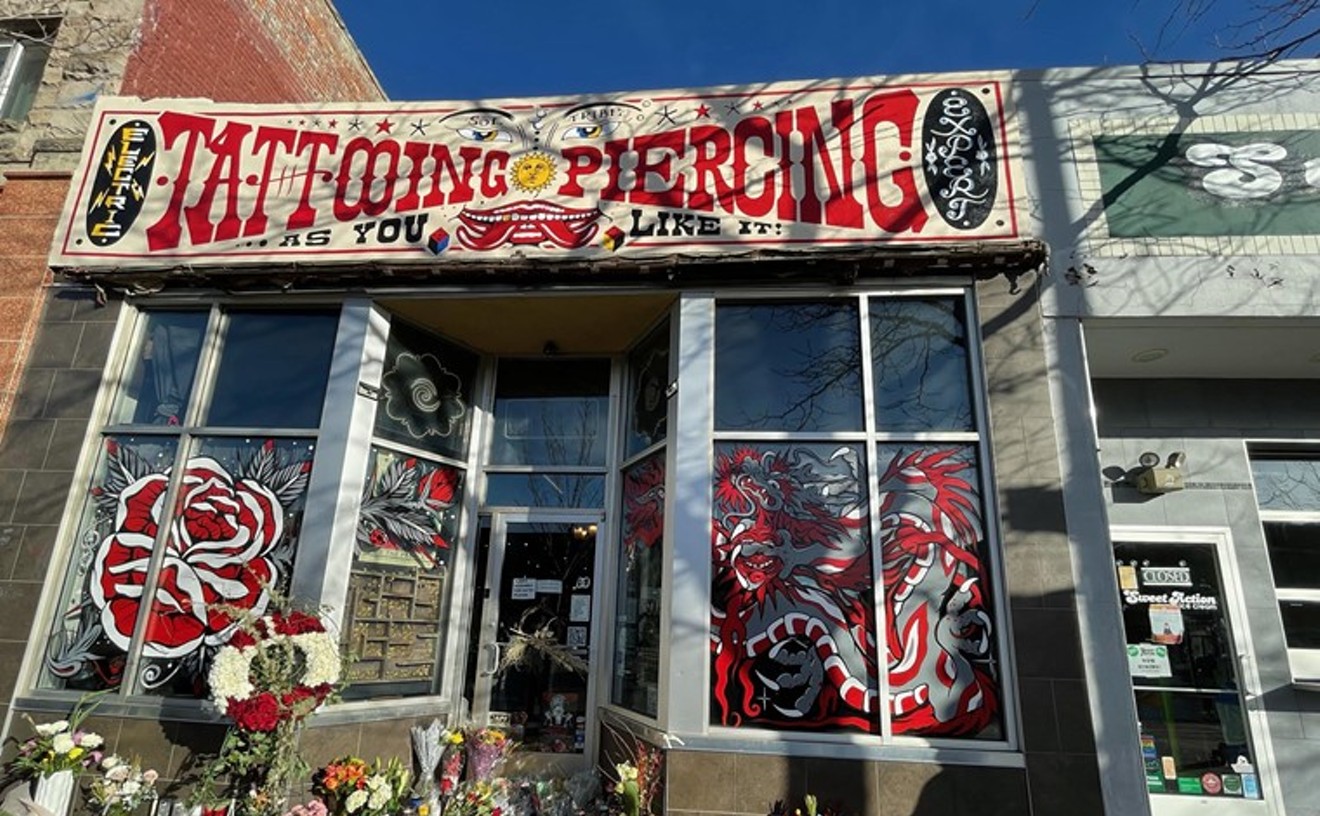"I was lucky enough to be covering this just as it happened," says Keating. "I didn't have any foreknowledge or special insight about what would happen." Soon, however, Keating had a front-row seat for a clash of corporate titans in which billions of dollars were at stake and the fate of new technologies hung in the balance. Much of the drama came from the outsized egos of TCI's John Malone, News Corp.'s notorious patriarch Rupert Murdoch and his arch-enemy, CNN founder Ted Turner, as well as from homegrown players like EchoStar's Charlie Ergen. As he watched these men scheme for control over a fast-growing industry, Keating realized that he was witnessing something far beyond a typical business story.
So he took a year-long leave to write a book. The ground seemed to shift, however, with each day's news: TCI was bought out by AT&T, Murdoch and Ergen settled a $5 billion lawsuit for breach of contract, and AT&T announced it would buy MediaOne, the cable company that had been spun off from US West. Keating had intended to write a book about John Malone, TCI's brilliant but elusive chairman, but that idea fizzled when Malone decided to sell the company. He then chose to focus on the cable industry's desperate effort to thwart the rise of satellite television, which was a perfect example of the way media moguls were trying to control the chaos of rapid technological change. Cutthroat: High Stakes and Killer Moves on the Electronic Frontier details the fate of a star-crossed venture between Murdoch and Ergen to launch a satellite television service that threatened the cable monopoly -- it's a snapshot of the industry at one point in time, so Keating didn't have to guess how things would shake out.
"If you try to predict what's going to happen, you're almost always wrong," he says. "Even the guys running these companies don't know what's going to happen. The strategies can change depending on which deal or which person or what government regulation comes down. That's why so many of these guys have reputations as shifty characters -- they almost have to be." The corporate braggadocio and derring-do of the "cable cowboys" reminded Keating of the hustlers and card sharks who frequented his grandfather's nightclub in New Jersey.
Denver readers may be surprised to discover the city's important role in the media industry. Murdoch, the Fox network founder who built his media empire peddling trashy tabloids in Australia and Britain, meets with Malone in a hangar at Centennial airport to scope out a rival and plot his next moves. Ergen, who got his start selling bulky satellite dishes to ranchers, faces financial disaster after Murdoch kills their joint venture. And Malone and Bob Magness -- a onetime cotton-seed salesman who clambered up telephone poles to string his first cable wires -- build an obscure Colorado cable company into an international colossus. Obviously, the dream of every communications capitalist is to hold a monopoly: They all give lip service to competition but do everything they can to avoid it. Given the risk to consumers -- and to freedom of speech -- it's surprising when Keating flirts with the libertarian notion of abolishing government regulation of the industry. Especially since, as he says, "People's suspicions about the industry are appropriate. It's moving into fewer and fewer hands."










